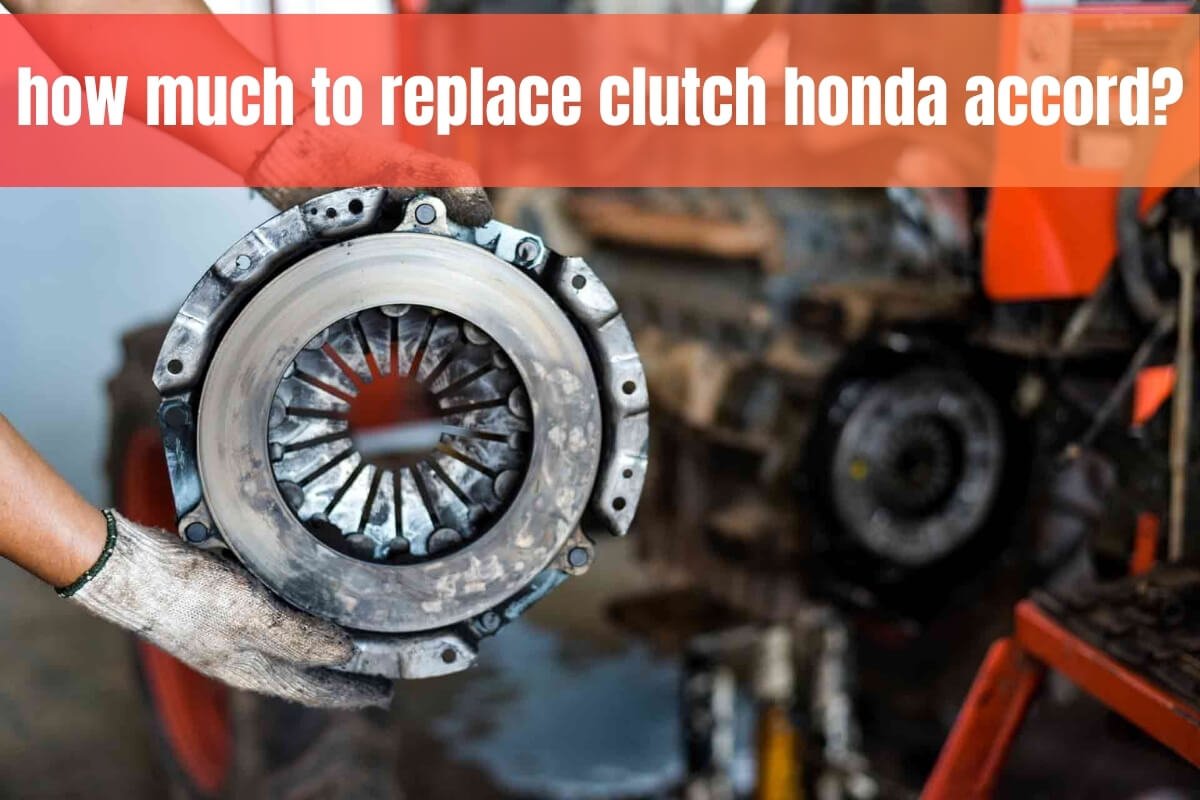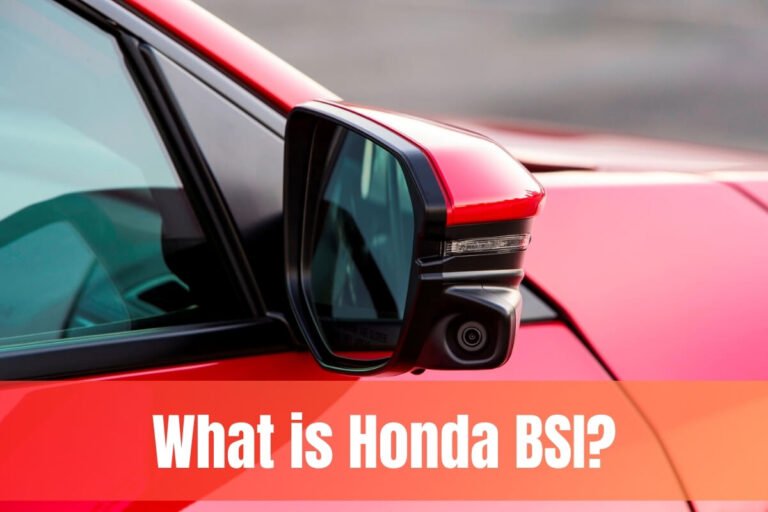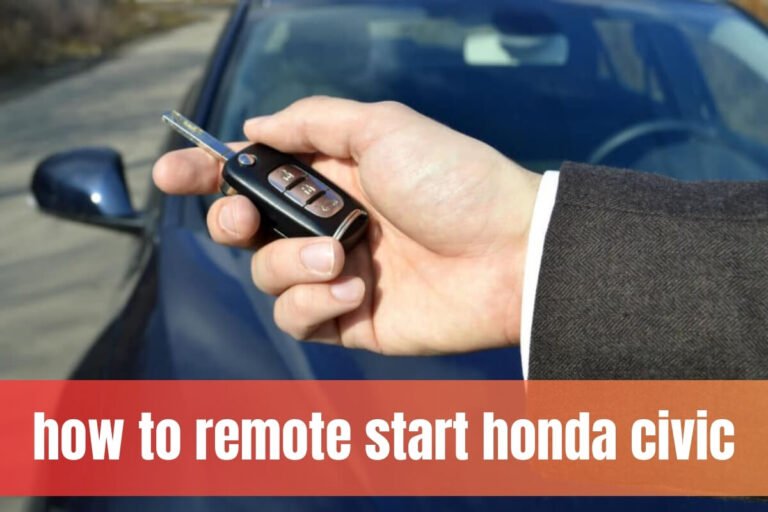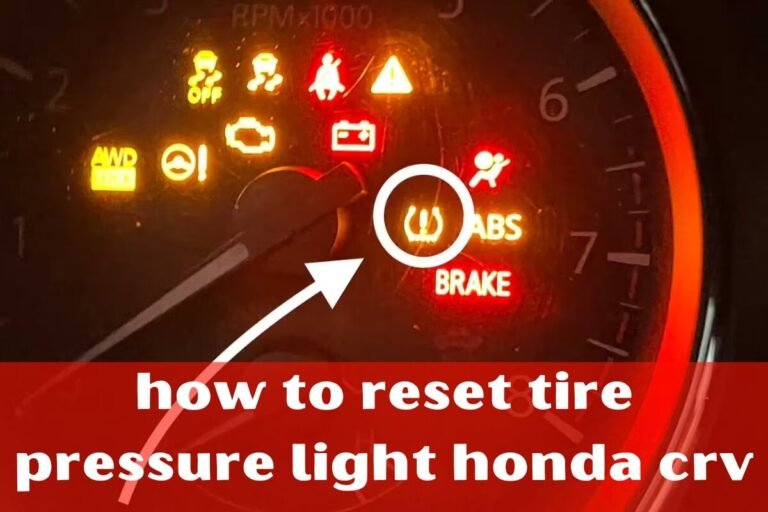how much to replace clutch honda accord?

For Honda Accord owners with a manual transmission, the clutch is a vital component that enables smooth gear shifting and power transfer from the engine to the wheels. However, like many mechanical parts, clutches are subject to wear and tear over time. If you’ve noticed signs of clutch issues, such as difficulty shifting gears, slipping, or a spongy pedal feel, it may be time to consider a clutch replacement.
How much will it cost to replace the clutch on your Honda Accord?
The average cost to replace a clutch on a Honda Accord typically ranges from $800 to $2,000, with labor costs accounting for a significant portion of the overall expense.
In this comprehensive guide, we’ll explore the factors that influence the cost of a clutch replacement, provide estimated price ranges based on different Honda Accord models and trim levels, and offer valuable tips to help you navigate the repair process smoothly.
Understanding the Clutch System in a Honda Accord
Before delving into the cost aspects, let’s briefly understand the clutch system and its components. The clutch is a crucial part of a manual transmission system, responsible for engaging and disengaging the engine from the transmission. This allows you to shift gears smoothly and transfer power to the wheels.
The main components of a clutch system include:
- Clutch Disc: This is the friction disc that connects and disconnects the engine from the transmission when the clutch pedal is pressed or released.
- Pressure Plate: This component applies pressure to the clutch disc, keeping it engaged with the flywheel when the clutch pedal is released.
- Release Bearing: This bearing assists in disengaging the clutch when the pedal is pressed, allowing the pressure plate to release the clutch disc.
A properly functioning clutch is essential for smooth gear shifts and optimal power transfer from the engine to the wheels. If any of these components wear out or fail, it can lead to issues like slipping, difficulty shifting gears, or even complete clutch failure.
Factors Affecting the Cost of Clutch Replacement
Several factors can influence the cost of replacing the clutch on your Honda Accord. Understanding these variables will help you budget accordingly and make an informed decision.
- Vehicle Model Year and Trim Level: Older Honda Accord models may have more affordable clutch replacement costs compared to newer models or higher trim levels with advanced features.
- Labor Rates: Labor rates can vary significantly between dealerships and independent repair shops. Dealerships typically charge higher labor rates, while independent shops may offer more competitive pricing.
- Additional Components: In some cases, other components like the flywheel, pilot bearing, or rear main seal may need replacement along with the clutch, adding to the overall cost.
- Potential Additional Repairs: Depending on the condition of your vehicle, the mechanic may recommend additional repairs or maintenance tasks, such as a transmission fluid flush or replacement of worn components, to ensure optimal performance after the clutch replacement.
Average Cost Estimates for Honda Accord Clutch Replacement
To give you a rough idea of the costs involved, here are some average estimates for clutch replacement on Honda Accords:
- Honda Accord (2003-2007): Labor costs can range from $500 to $800, while parts (clutch kit, flywheel, etc.) can cost between $300 and $600. The total cost can fall within the range of $800 to $1,400.
- Honda Accord (2008-2012): Labor costs may be slightly higher, ranging from $600 to $900, and parts can cost between $400 and $700. The total cost can range from $1,000 to $1,600.
- Honda Accord (2013-2017): For newer models, labor costs can be around $700 to $1,000, and parts can cost between $500 and $800. The total cost can range from $1,200 to $1,800.
- Honda Accord (2018-present): The most recent Honda Accord models may have labor costs ranging from $800 to $1,200, and parts can cost between $600 and $900. The total cost can fall within the range of $1,400 to $2,100.
It’s important to note that these are rough estimates, and actual costs may vary depending on your specific location, the repair shop you choose, and any additional repairs required.
Do I Need to Replace the Flywheel During a Clutch Job?
The flywheel is a crucial component of the clutch system, located between the engine and the clutch disc. Its primary function is to provide a smooth engagement and disengagement of the clutch, as well as storing rotational energy to help the engine run smoothly.
In many cases, mechanics recommend replacing the flywheel along with the clutch, particularly if the flywheel shows signs of excessive wear, heat spots, or scoring. A damaged or worn flywheel can cause clutch chatter, vibrations, and premature wear of the new clutch components.
The cost of replacing the flywheel can add an additional $150 to $400 to the total clutch replacement cost, depending on the Honda Accord model and the type of flywheel required (solid or dual-mass).
While replacing the flywheel may seem like an added expense, it can be a wise investment to ensure the longevity and proper functioning of your new clutch components.
Choosing Between OEM and Aftermarket Clutch Kits
When it comes to clutch replacement parts, you’ll typically have two options: OEM (Original Equipment Manufacturer) or aftermarket clutch kits. Each option has its own pros and cons, and the choice may depend on your driving habits, budget, and personal preferences.
- OEM Clutch Kits: These kits are manufactured by Honda or their authorized suppliers and are designed specifically for your Honda Accord model. OEM clutch kits are generally more expensive but offer a perfect fit and adherence to Honda’s quality standards. They may also come with longer warranties.
- Aftermarket Clutch Kits: Aftermarket clutch kits are produced by third-party manufacturers and are typically more affordable than OEM parts. While they may not have the same level of precision or warranty coverage as OEM parts, many reputable aftermarket brands offer high-quality components at a lower cost.
If you’re a casual driver who doesn’t subject your Honda Accord to extreme driving conditions, an aftermarket clutch kit from a reputable brand can be a cost-effective option. However, if you frequently tow heavy loads or engage in aggressive driving, investing in an OEM clutch kit may provide better durability and longevity.
Tips for Finding a Reputable Repair Shop
Choosing the right repair shop can make a significant difference in the quality of the clutch replacement and the overall cost. Here are some tips to help you find a reputable shop:
- Check Certifications: Look for shops that employ certified mechanics who specialize in Honda or import vehicle repairs. Certifications from organizations like ASE (Automotive Service Excellence) or Honda’s training programs can indicate a higher level of expertise.
- Read Reviews: Online reviews from previous customers can provide valuable insights into a shop’s professionalism, quality of work, and customer service. Pay attention to consistent feedback, both positive and negative.
- Ask for Recommendations: Reach out to friends, family, or local Honda enthusiast groups for recommendations on reliable and trustworthy repair shops in your area.
- Consider Dealership vs. Independent Shop: While dealerships may charge higher labor rates, they have access to Honda-specific tools, training, and genuine OEM parts. Independent shops, on the other hand, may offer more competitive pricing but may not have the same level of Honda-specific expertise.
- Warranties and Guarantees: Inquire about warranties or guarantees offered on parts and labor. Reputable shops should stand behind their work and provide some form of warranty or guarantee.
Maintaining Your New Clutch for Longevity
After investing in a clutch replacement, it’s essential to follow proper maintenance practices and driving habits to ensure the longevity of your new clutch components. Here are some tips to help you get the most out of your new clutch:
- Avoid Riding the Clutch: “Riding the clutch” refers to keeping your foot partially engaged on the clutch pedal while driving. This practice can cause excessive wear and premature failure of the clutch components.
- Smooth Engagement and Release: When shifting gears, engage and release the clutch pedal smoothly and gradually. Abrupt or jerky movements can put unnecessary strain on the clutch system.
- Recommended Maintenance Intervals: Follow the recommended maintenance intervals for clutch inspections and transmission fluid changes, as specified in your Honda Accord’s owner’s manual.
- Watch for Warning Signs: Pay attention to any unusual noises, vibrations, or changes in the clutch pedal feel. These could be early indicators of potential issues with your new clutch components, and addressing them promptly can prevent further damage or the need for another costly replacement.
Frequently Asked Questions (FAQs)
To address some common concerns and queries regarding clutch replacement on Honda Accords, here are some frequently asked questions and their answers:
Can I Replace the Clutch Myself?
While it is possible to replace the clutch on your Honda Accord yourself, it is generally not recommended for DIY enthusiasts unless you have advanced mechanical skills and the necessary tools. Clutch replacement is a complex job that requires removing the transmission and potentially other components, depending on your Accord’s model year.
Attempting a clutch replacement without proper knowledge and experience can lead to further damage or improper installation, which can compromise your safety and the longevity of the new clutch components. It’s advisable to leave this job to professional mechanics who have the expertise and specialized tools required for a proper clutch replacement.
How Long Does a Clutch Typically Last?
The lifespan of a clutch can vary depending on several factors, including driving habits, vehicle usage, and maintenance practices. On average, a clutch can last anywhere from 50,000 to 100,000 miles or more with proper care and usage.
However, if you frequently engage in aggressive driving, tow heavy loads, or subject your vehicle to extreme conditions, the clutch may wear out more quickly. Proper maintenance, avoiding riding the clutch, and smooth engagement and disengagement can help extend the life of your clutch components.
Is It Safe to Drive with a Failing Clutch?
While it may be possible to drive with a failing clutch for a short distance, it is generally not recommended or safe to do so. A failing clutch can make it challenging to shift gears, leading to potential accidents or further damage to the transmission and other components.
If you notice signs of clutch failure, such as slipping, difficulty shifting, or a spongy clutch pedal, it’s advisable to have the clutch inspected and replaced as soon as possible. Continuing to drive with a failing clutch can cause additional damage and increase the overall cost of repairs.
How Do I Know if My Clutch Needs Replacement?
There are several signs that may indicate your Honda Accord’s clutch needs replacement:
- Difficulty shifting gears, especially when the transmission is warm
- Slipping or revving of the engine without corresponding acceleration
- A spongy, loose, or vibrating clutch pedal
- Grinding or squeaking noises when engaging or disengaging the clutch
- Pungent burning smell, which may indicate a slipping clutch
If you notice any of these symptoms, it’s recommended to have your clutch inspected by a professional mechanic as soon as possible to prevent further damage and potential safety hazards.
What Are the Consequences of Delaying a Clutch Replacement?
Delaying a clutch replacement when it’s needed can lead to several consequences, including:
- Increased risk of complete clutch failure, leaving you stranded and unable to drive your vehicle
- Potential damage to other components, such as the transmission or flywheel, resulting in more expensive repairs
- Decreased fuel efficiency due to the slipping clutch
- Reduced safety, as a failing clutch can make it difficult to control your vehicle or shift gears properly
To avoid these consequences, it’s essential to address clutch issues promptly and schedule a replacement when recommended by a professional mechanic.
Wrap UP
Replacing the clutch on your Honda Accord can be a significant expense, but it’s a necessary maintenance task to ensure the smooth operation and longevity of your vehicle’s manual transmission system. By understanding the factors that influence the cost, choosing a reputable repair shop, and following proper maintenance practices, you can make an informed decision and get the most value out of your clutch replacement investment.
Remember, while the upfront cost may seem high, taking care of your new clutch components and addressing any issues promptly can save you from more expensive repairs or potential safety hazards down the road. Prioritize the proper functioning of your Honda Accord’s clutch system, and enjoy smooth, reliable, and safe driving for years to come.






